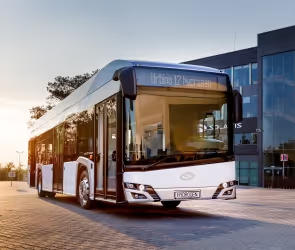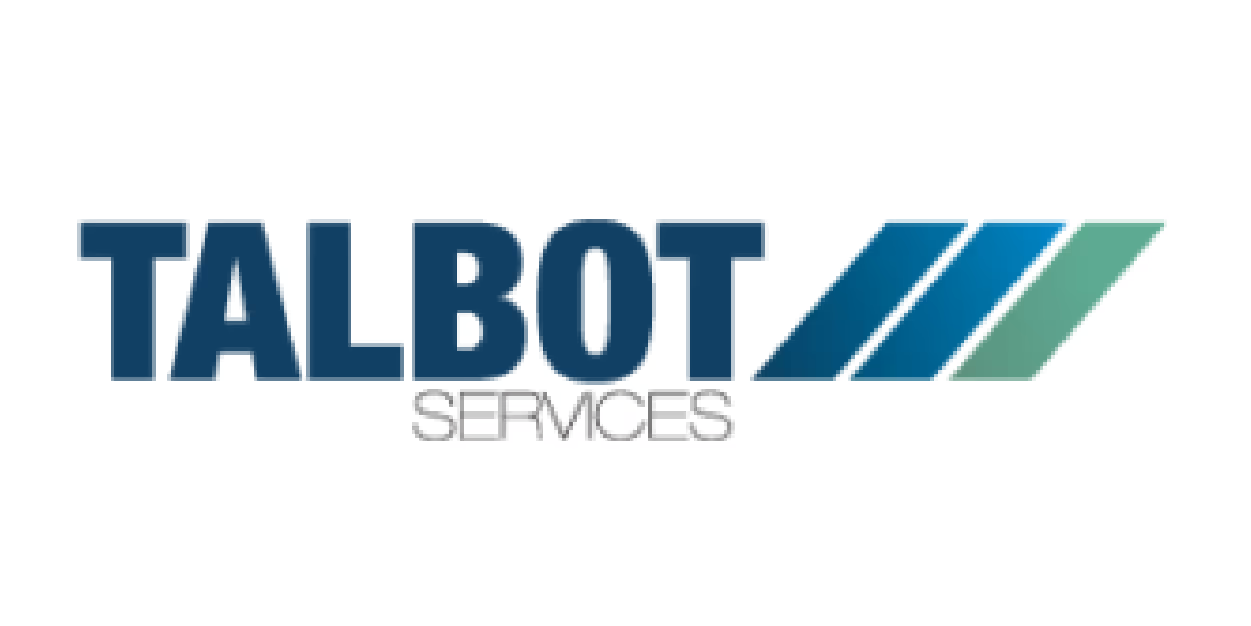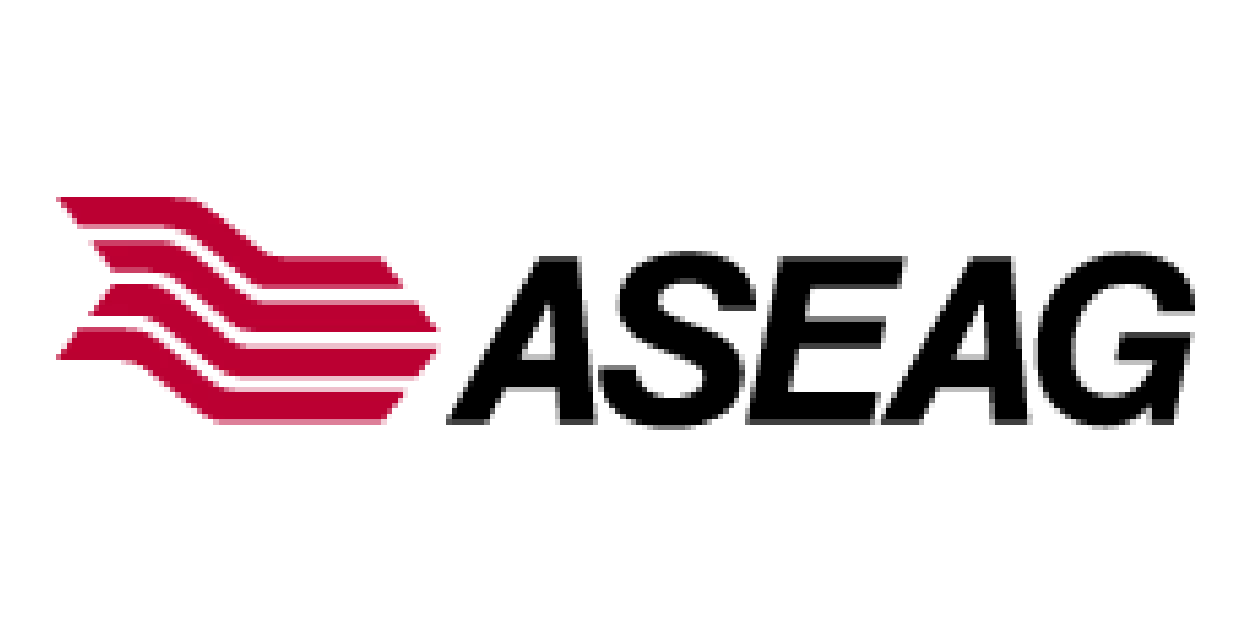Project: H2BUS
SUSTAINABLE RETROFIT OF BUS WITH BATTERY AND FUEL CELL


in short
OUR THREE WORKSHOP APPROACH
WORKSHOP 1
Development of a cost-effective modular fuel cell system to increase the range of retrofitted electric buses through self-sufficient supply of auxiliary consumers
WORKSHOP 2
Identification of cost potentials at the system and integration level and development of a solution to reduce production costs
WORKSHOP 3
Validation of the development results through functional tests in a real environment and individual approval of the bus with the traction battery and the fuel cell system for operation
PARTICIPATION
YOUR BENEFIT FROM JOINING THE STudy
EFFECTIVE AI KNOW-HOW
Gain a structured understanding of AI in manufacturing and learn about challenges in quality-critical industries.
Strengthen European manufacturing
Discover AI-driven production optimization through a comprehensive map featuring European industry leaders and documented success stories.
individual AI-solutions
Co-create practical case studies in interactive workshops by bringing your specific production challenges. Actively shape the study's focus and priorities to your individual requirements.
PRactical approach
Learn how to implement AI-driven optimization in production by building a working demonstrator for your specific approach.
Renowned partners
Network with leading experts in manufacturing and data-driven solutions while establishing strategic partnerships
In Collaboration WiTH
WANT TO KNOW MORE?




